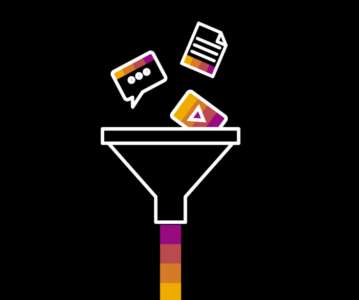How to Define & Build Effective R&D Capability in Your Organisation
Acorn Labs
JULY 9, 2023
Step 3: Define the outcome Lastly, we wrap the capability up in a bow and stick a name tag on it. You need to create an engine that is innovating to match external pace and market demands, which requires something of a top-down approach. Will it compete with or supersede existing capabilities?




























Let's personalize your content